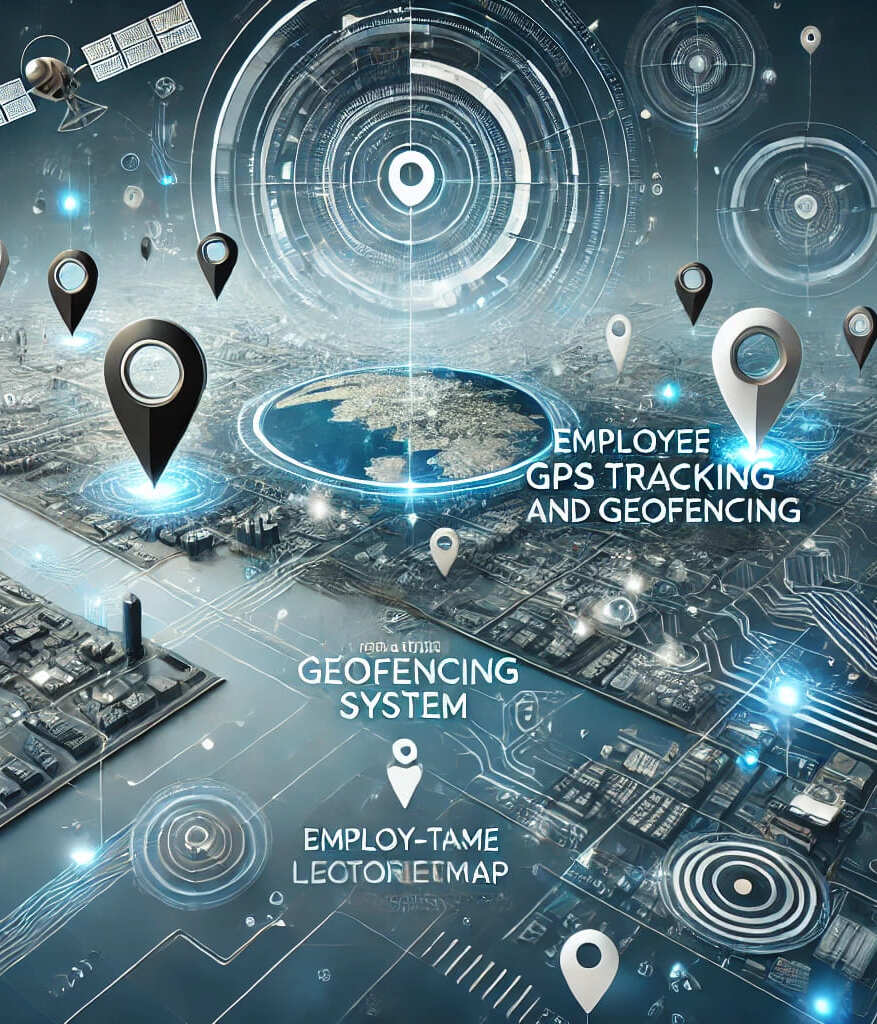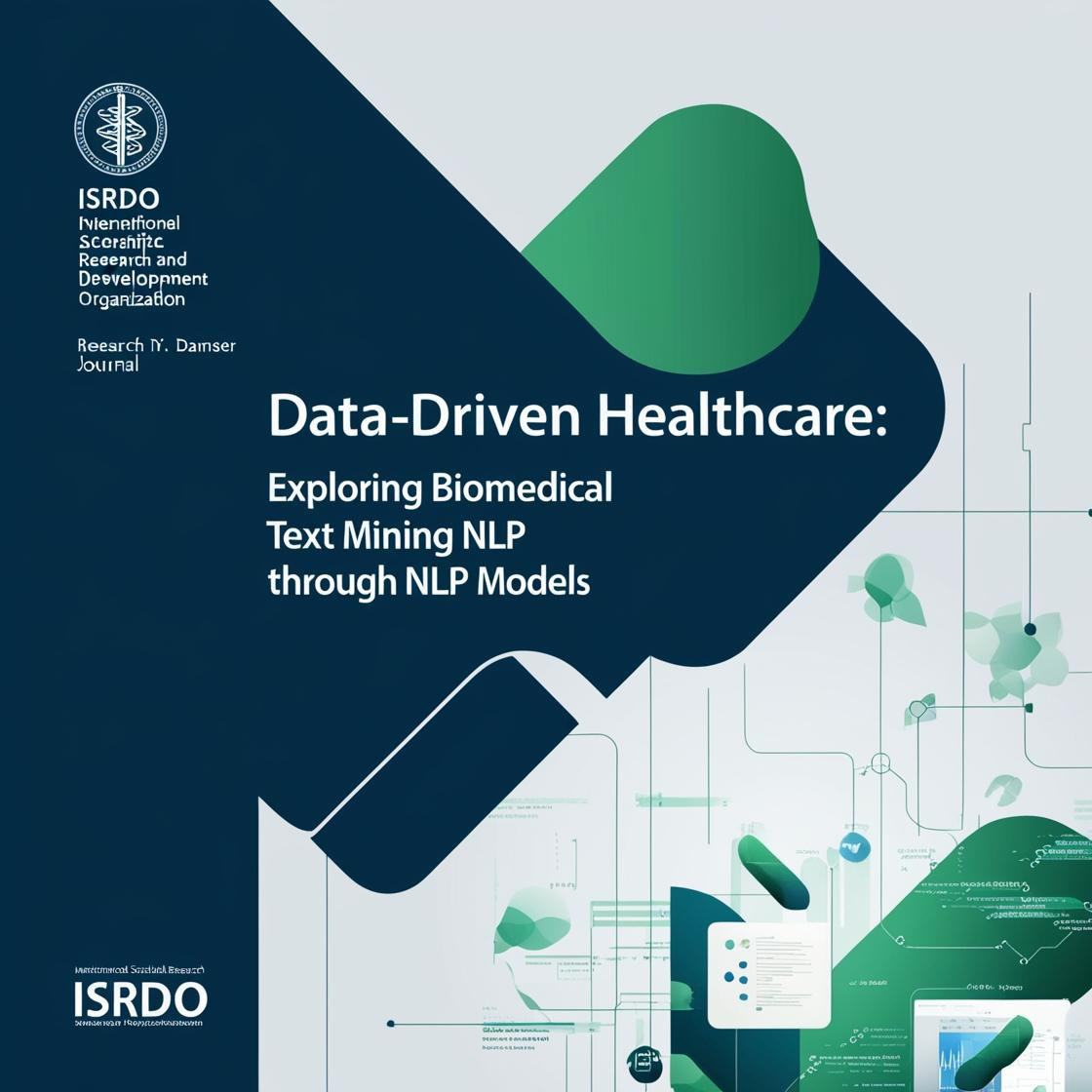
Library and Information Sciences
Library and information science (LIS) (sometimes given as
the plural library and information sciences) or "library and information
studies" is a merging of library science and information science. The joint
term is associated with schools of library and information science (abbreviated
to "SLIS"). In the last part of the 1960s, schools of librarianship,
which generally developed from professional training programs (not academic
disciplines) to university institutions during the second half of the 20th
century, began to add the term "information science" to their names.
The first school to do this was at the University of Pittsburgh in 1964. More
schools followed during the 1970s and 1980s, and by the 1990s almost all library
schools in the USA had added information science to their names. Weaver Press:
Although there are exceptions, similar developments have taken place in other
parts of the world. In Denmark, for example, the 'Royal School of
Librarianship' changed its English name to The Royal School of Library and
Information Science in 1997. Exceptions include Tromsø, Norway, where the term
documentation science is the preferred name of the field, France, where
information science and communication studies form one interdiscipline, and
Sweden, where the fields of Archival science, Library science and Museology
have been integrated as Archival, Library and Museum studies.
In spite of various trends to merge the two fields, some
consider the two original disciplines, library science and information science,
to be separate. However, the tendency today is to use the terms as synonyms or
to drop the term "library" and to speak about information departments
or I-schools. There have also been attempts to revive the concept of documentation
and to speak of Library, information and documentation studies (or science).
the common ground between library science and information science, which is a strong one, is in the sharing of their social role and in their general concern with the problems of effective utilization of graphic records. But there are also very significant differences in several critical respects, among them in: selection of problems addressed and in the way they were defined; theoretical questions asked and frameworks established; the nature and degree of experimentation and empirical development and the resulting practical knowledge/competencies derived; tools and approaches used; and the nature and strength of interdisciplinary relations established and the dependence of the progress and evolution of interdisciplinary approaches. All of these differences warrant the conclusion that librarianship and information science are two different fields in a strong interdisciplinary relation, rather than one and the same field, or one being a special case of the other.
- Archives Management
- Information Retrieval
- Documentation
- Research methods in Library Sciences
- Concepts of Library Cataloguing
- Elements of Library Management
- Library
- Information & Society
- Library Classification
- Library Cataloguing
- Library Management & Information Centres
- Information Sources & Services
- Library Information Technology
- Research Methods & Statistical Techniques
- Information Technology: Application
- Information Analysis
- Repackaging & Consolidation
- Project Work: Literature and Field Survey
Recent Published
Submit Manuscript
To give your manuscript the best chance of publication, follow these policies and formatting guidelines.


